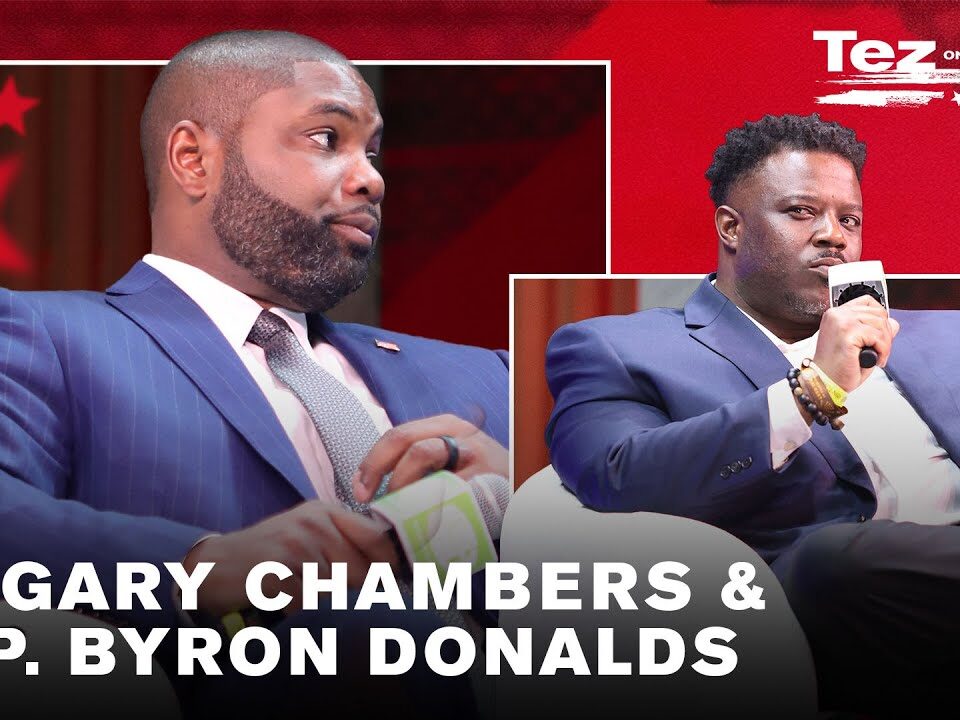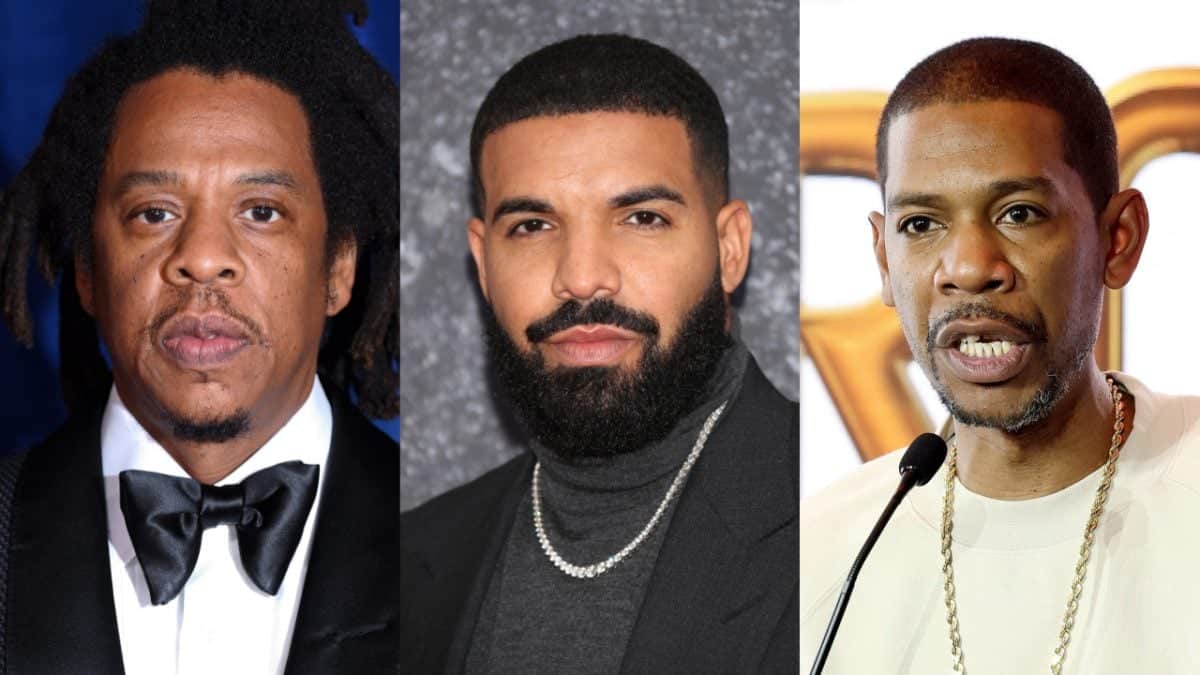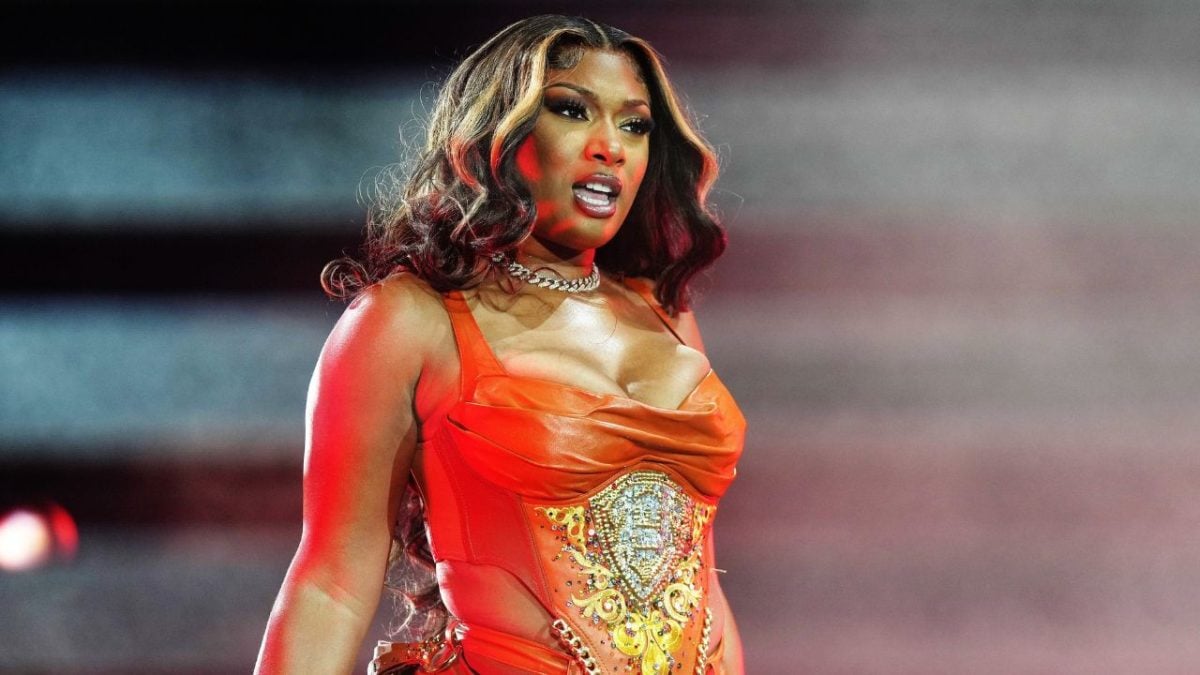A heated political debate unfolds as speakers tackle economics and community impacts.
- Discussions center around the economic policies of past and present administrations.
- Different perspectives are shared on the effectiveness of Trump’s policies.
- Opinions are divided on Biden’s and Harris’ current strategies for economic recovery.
- Voter impact, charter schools, and systemic issues are key focus areas.
In a riveting debate forum, passionate voices collide over economic policies and their real-world impacts. The conversation quickly amplifies when discussions about voter intimidation and deep racial divides take center stage. With participants unafraid to bring uncomfortable truths to light, they urge listeners to prepare for a roller coaster of insights with “wine and popcorn.”
Gary Chambers and Congressman Byron Donald’s dive into a discussion on the economy. Howard University’s poll is spotlighted, revealing voter trends among Black swing state individuals. The poll shows fluctuating support for political figures based on economic perceptions.
Donald asserts that during Trump’s presidency, the economy thrived with low inflation and high wage growth. He credits Trump’s tax cuts and regulatory policies for fostering economic growth and reducing Black unemployment rates. To him, the Trump era represents unparalleled economic prosperity for all demographics.
Counterarguments swiftly follow, highlighting Biden’s achievements in lowering Black unemployment in 2023 and critiquing Trump’s handling of the COVID-19 pandemic. This purportedly tainted the strong economy he inherited from Obama, leaving a mess for Biden to clean up upon taking office.
In this charged exchange, the effectiveness of past tax policies and regulation comes under scrutiny, with each side staunchly defending their views. The allocation of benefits from Trump’s tax cuts is questioned, as is the broader impact on the average citizen’s wallet.
A discussion on charter schools further ignites passions. Chambers argues for public schooling’s importance, advocating against the proliferation of charters that, in his view, drain public resources. Donalds, advocating for parental choice, suggests that competition between schools can benefit students, although this claim is met with skepticism.
An unexpected detour into historical injustices and systemic bias sheds light on current educational disparities. It reveals the ongoing struggles within rural and urban communities alike. The debate underscores the enduring impact of racial policies and the need for comprehensive reforms.
Amidst these exchanges, literacy rates and educational equity become focal points. Both speakers agree on the urgent need for solutions but diverge on approaches. One calls for federal oversight to ensure standardization and equity, while another promotes state autonomy.
As the debate winds down, audience questions further challenge the speakers to clarify their positions. The dialogue remains intense, with strong disagreements over social justice, qualified immunity for police, and the role of the federal versus state government.
Ultimately, the debate spotlights the complexities of current political discourses. It raises essential questions about how policies affect various communities and what direction the nation should take next.
The fiery debate underscores that America’s political and economic future hinges on contested policies and community impacts.










